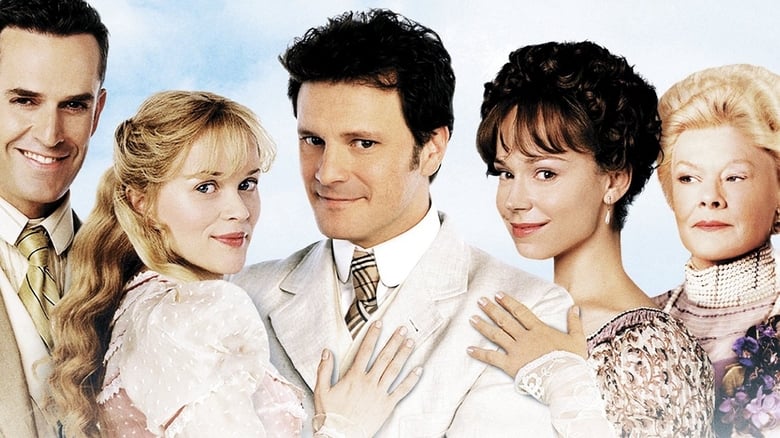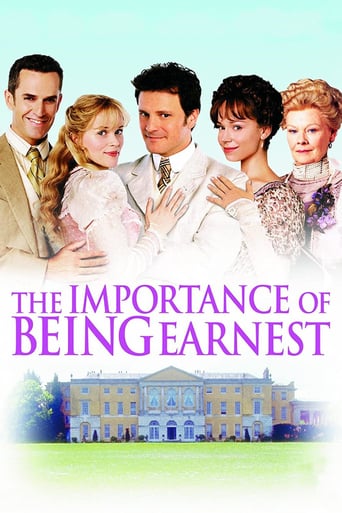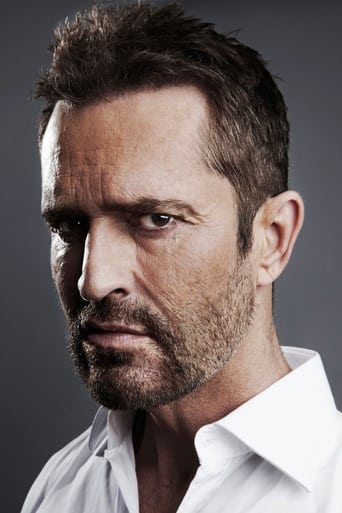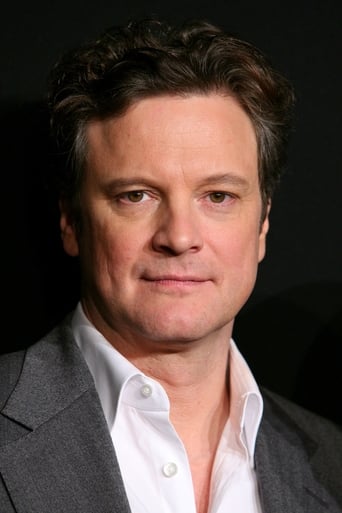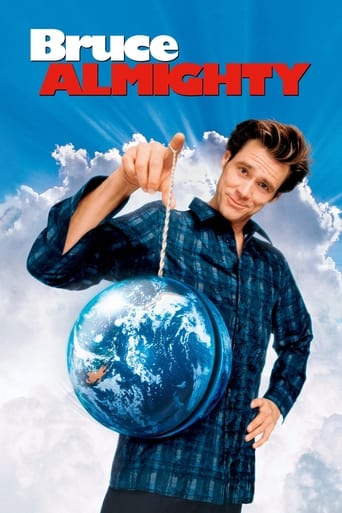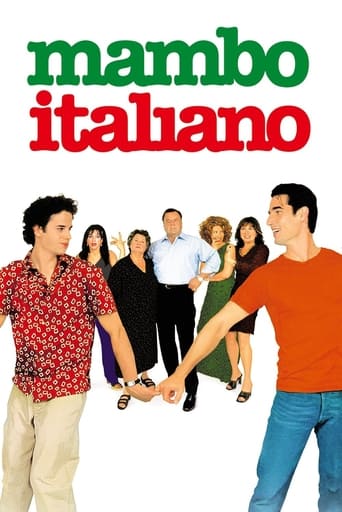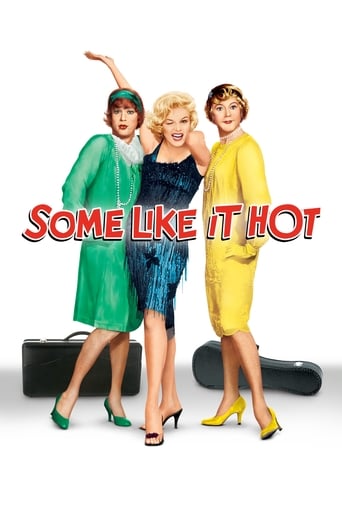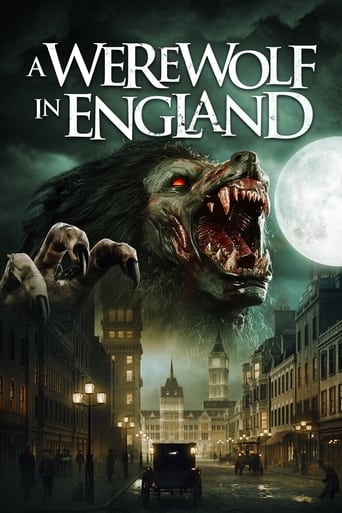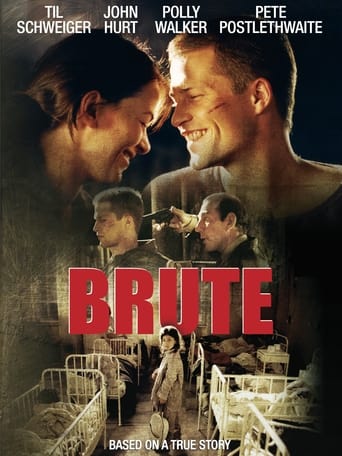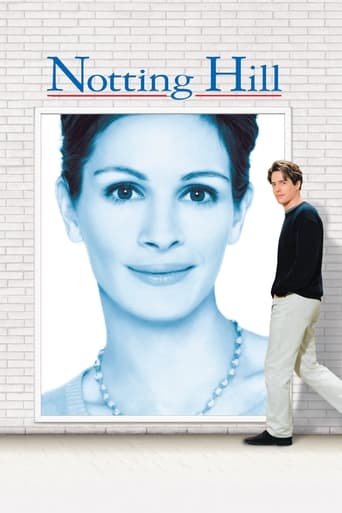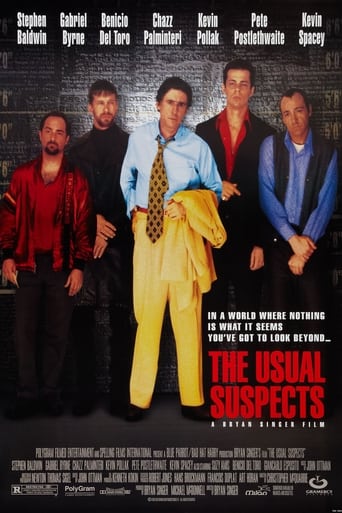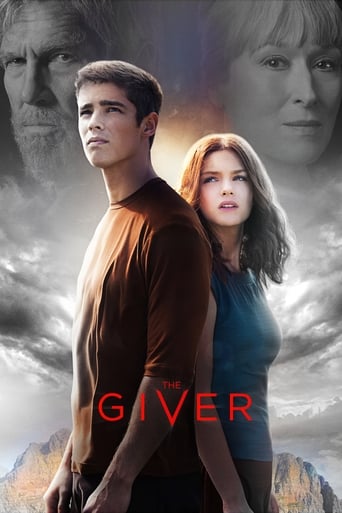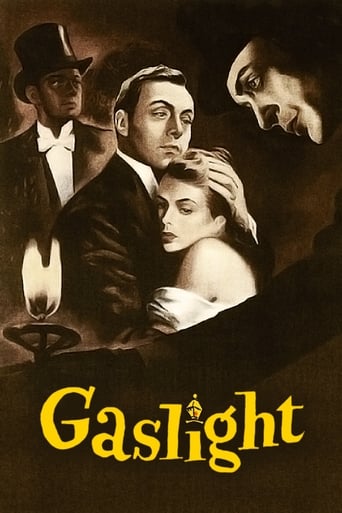The Importance of Being Earnest (2002)
Two young gentlemen living in 1890s England use the same pseudonym ("Ernest") on the sly, which is fine until they both fall in love with women using that name, which leads to a comedy of mistaken identities...
Watch Trailer
Free Trial Channels
Cast


Similar titles
Reviews
Masterful Movie
Boring, over-political, tech fuzed mess
Best movie of this year hands down!
One of the best movies of the year! Incredible from the beginning to the end.
It's late 19th century London. Algy Moncrieff (Rupert Everett) is a broke hard partying womanizer. His friend Ernest Worthing (Colin Firth) arrives in town to propose to Algy's cousin Gwendolen Fairfax (Frances O'Connor). He discovers that Ernest's name is really Jack. Jack's ward in the country, heiress Cecily Cardew (Reese Witherspoon), thinks that 'uncle' Jack goes to the city to take care of his younger brother Ernest. Algy has also invented an invalid named Bunbury in the country to escape any obligations. Gwendolen is eager to marry somebody named Ernest but her mother Lady Bracknell (Judi Dench) rejects him for being adopted and requires him to find at least one parent. Algy overhears Jack's country location and goes there pretending to be Ernest. The romantic Cecily is taken with the newly arrived cad cousin Ernest. Jack returns pretending that Ernest is dead and hilarity ensues. Then Gwendolen runs away to be with her Ernest which is quickly confused with Cecily's Ernest.From Oscar Wilde's 1895 play, this still retains some of its sense of a fun romp. The cast led by Everett and Firth is engaging and full of pep. Maybe there is a need to adapt the material more to modern sensibilities. It could improve by getting everyone to the country mansion faster and letting the confused misunderstandings stew a bit more. This is a movie going for light fluffy fun and achieves it for the most part.
I'll leave to others the question of whether this is a true and faithful adaptation of Oscar Wilde's great play. What concerns me is whether this work stands on its own merits and I'm happy to say it does. With a setting like Jane Austin, star crossed lovers like Shakespeare and mistaken identities like Three's Company, The Importance of Being Earnest is a delightfully funny truffle. The acting is light and wonderfully mannered. The direction opens things up without getting lost in the scenery. Wilde's wit is always distracting. Aside from Rupert Everett glowering at inopportune moments, I can't find much wrong with this film.Jack Worthing (Colin Firth) is a country gentleman in turn of the century England with a beautiful young ward (Reese Witherspoon) and an odd vice. Whenever Jack goes to London to see his old friend Algy Moncrieff (Rupert Everett), Jack pretends to be his own non-existent younger brother named Ernest. Whereas Jack in the country is proper beyond proper, Ernest in the city is almost as big a scoundrel and Algy. Ernest is also very much in love with Algy's spirited cousin Gwendolen (Frances O'Connor), but the imperious Aunt Augusta (Judi Dench) stands in the way of any romance. Though Ernest/Jack is a man of means, Aunt Augusta can't overlook his lack of family. Jack, you see, is an orphan and was discovered as a baby in a handbag left in the cloakroom of a railway station.Hold on, because things just get more complicated from here. Algy heads out to Jack's country estate and passes himself off as the fictitious Ernest in order to woo Jack's ward. Jack's none to happy to be forced into going along with the deception, especially when Gwendolen sends word that she's coming to the country to be with her Ernest. Two men trying to be the same man who doesn't exist turns out to be too much to manage and Jack and Algy are left to try and win again the hearts of the women they love, only to have Aunt Augusta show up and throw another spanner into the machine.From the schoolgirl fantasies of Jack's ward to Algy's efforts at avoiding his creditors to Colin Firth's adorable turn on the banjo, this is one of those movies at which you can't stop smiling. It does enough to establish the strict social mores of its setting but doesn't hesitate to indulge in entertaining anachronisms, like Algy playing a mean ragtime on the piano. With Judi Dench superbly playing the implacable force driving the other characters to exasperation, the comedic energy of the story never settles in one place long enough to get bogged down in any details of realism or plausibility.I will say The Importance of Being Earnest is perhaps the best instruction into why Rupert Everett didn't become as big a star as his talent warranted. Much like the young Alec Baldwin, there's something off putting about him on screen. When Algy acts the cad, Everett can play that perfectly. When he has to moon over Jack's ward, Everett never looks, sounds or feels quite right.Watching this has made me want to go out and see both a stage production of the play and check out the original big screen adaptation from 1952. That's about the highest compliment you can give a film like The Important of Being Earnest and I hand it out with no reservations.
I agree that the '52 version captures the essence, and I think the delight, of the play. Add to the cast mentioned in the previous review Joan Greenwood, and you have even more delights occasioned by the unique players of the "original." And Margaret Rutherford. As long as I can see the former, I seldom prefer the latter. Some things should be left alone - definitely not re-invented. Any success in remakes seems to come from sticking to the original, just "fresh" players. If the old stuff works, why mess with it? Do something different along similar lines, but rename it. Don't change it all about and call it the same thing. When people like former versions (evidenced by initial AND enduring interest), they generally enjoy new (but TRUE) versions, if done half well. Personally, I enjoy newer versions that stay with what I liked in the first place, but deplore "updates," "modernizations" and "reinventions" which basically depart from what formerly delighted. It's just annoying. Do whatever you like, but don't call it by the same name. Create or refresh; don't despoil. One person's opinion.
07 FEB 2008 Owing to my good studies at Paris University under the tutorial of the late Professor Robert Merle, the tremendous author of "Weekend à Zuydcoote", "The Day of the Dolphin", etc., who wrote is PhD thesis on the life and work of Oscar Wilde, Writing this comment I have just discovered that my revered Professor had passed away in 2004, and I feel a pinch in my heart, yet his teaching, jokes, good humor and immense knowledge of the English Literature - which got him on the boat that took him to free London after the debacle of the French Army at the beginning of WWII; "Weekend at.." is a true biographical story - will always remain in my mind and in my heart; this is a true Byronian addendum So owing to my said studies and my preferred taste, I know most of Oscar Wilde's work by heart, and especially TIOBE. I read some of the comments, the ones, who like this version and the ones, who do not appreciate it.No one has underlined that the strength of Oscar Wilde's wit is his brilliant, sharp and acute use of paradox, which my Random Dictionary defines as:"1/ a seemingly contradictory or absurd statement that expresses a possible truth; 2/ a self-contradictory and false proposition; 3/ a person, thing or situation exhibiting an apparently contradictory nature; 4/ an opinion or statement contrary to commonly accepted opinion." or in the case of Oscar Wilde all the 4 propositions very smartly intertwined in this play, his very best. Of course he uses paradox in his previous plays, but here in TIOBE he has achieved the top effects of all the 4 paradox possibilities at their best. And this is what makes this play so enjoyable not only at the time of Queen Victoria, but at any given time : mothers will always try to get the best possible match for their off-springs, and this was true in 1890 and in 1990 and in 2002..... Nothing has changed, except for the way we dress, speak, etc. And as one commentator wrote very sensibly, in this version "we do not hear four-letter words, farts, burps, or see tits, and more buttocks, "I must say that I have found this version of the play very true to the intention of the author, and no, Oscar Wilde would not turn in his grave, I am sure he would be very pleased and have a great time. I want to add that all the actors, including the two butlers Edward Fox and Patrick Godfrey, have done a terrific job, and I want to say that Dame Judi Dench has done tremendously with Lady Bracknell (which I thought she had not done so well with Lady De Bourg in the latest version of P&P), I may not like so much the additions of the Muses in the bushes, etc.., but this is a movie and not a PLAY on a stage. A play may lend itself to interpretations and some changes, since there are no clear-cut limits imposed by the author. Regarding P&P, for instance, the author has written in the NOVEL exactly all he or she, she in this example, wants to see and all she needs to bring her ideas to the mind of the readers, this is why I tend to be very demanding of the directors to respect the text of the authors : they cannot do what they jolly well please !!! Please go and enjoy !

